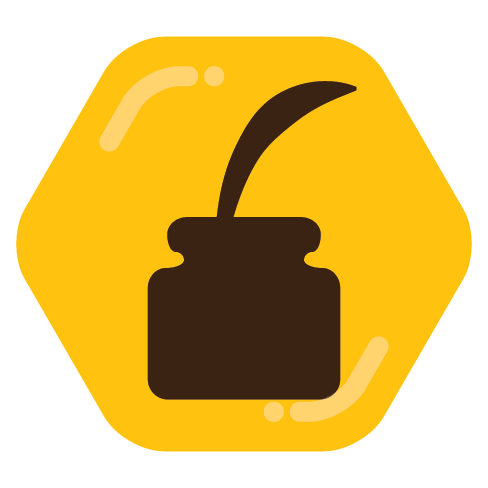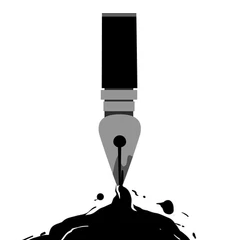
I wrote this piece to challenge the idea that Prohibition was ever about virtue.
If you’ve ever felt like history was sanitized or weaponized, this is for you.
Appreciate any feedback or thoughts—especially from folks who care about systems, history, or propaganda.
Thanks for reading.









Wow, thank you so much for this comment—it means more than I can say. You’re doing vital work. I’ve felt for so long that anarchist, trauma-informed, and neurodivergent-centered models are the future of education, but no one wants to fund or study them because they threaten the system’s power.
You’re not just researching—you’re planting seeds. I’m sending you so much strength as you finish your thesis. And thank you for the reminder about Freire and Foucault—I deeply connect with their work, and it’s an honor that my manifesto resonated with those ideas.
If you ever want to collaborate or build something bigger from this conversation, I’m here. Let’s keep shaking the ground.